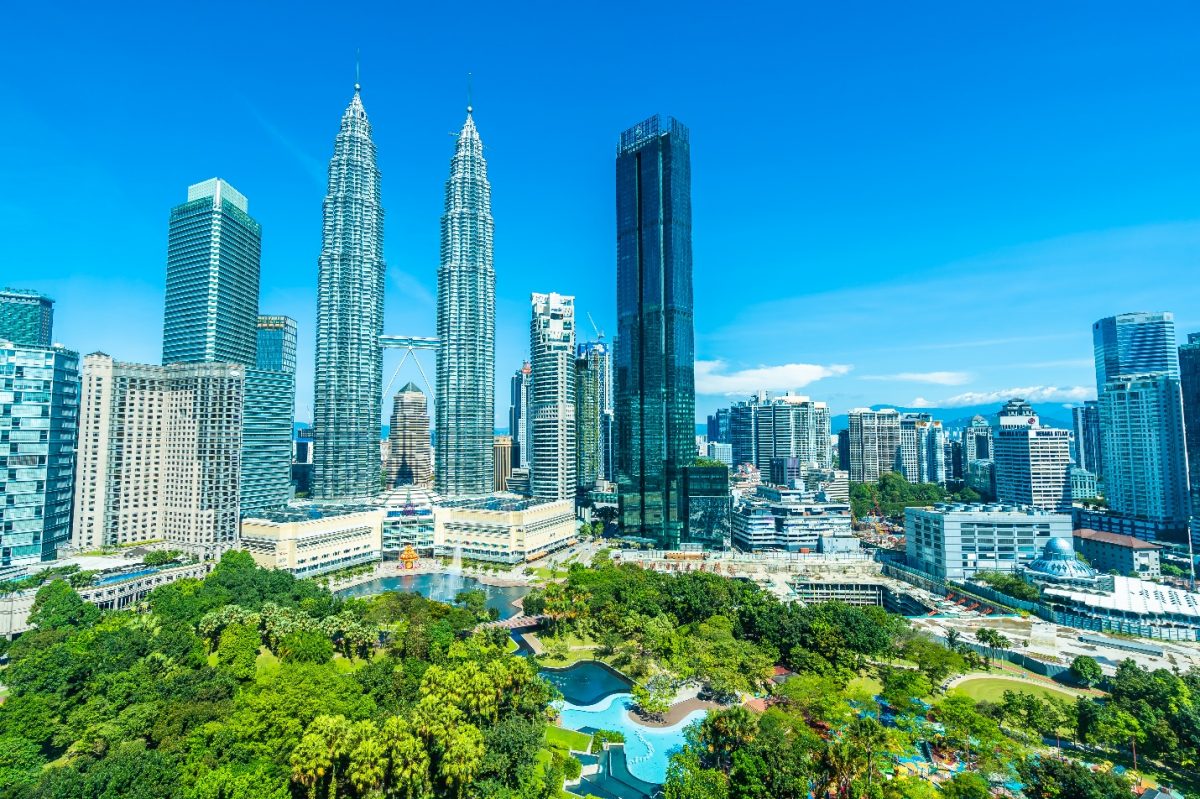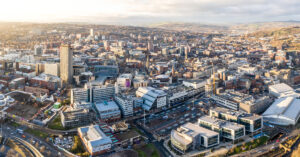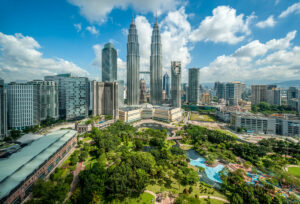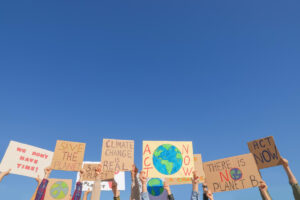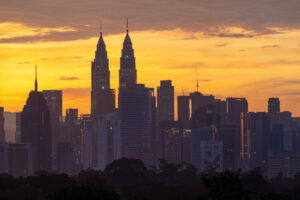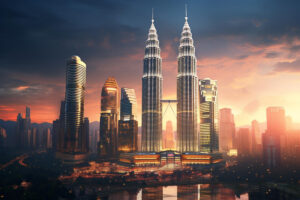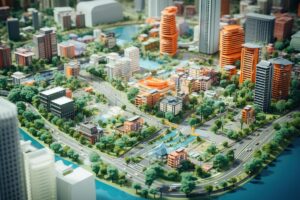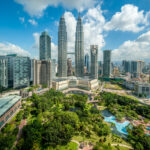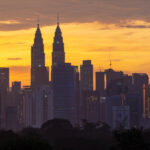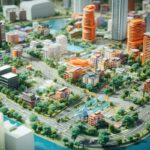Today, approximately 4.4 billion people, or 56% of the world’s population, reside in cities.* This pattern is expected to continue, and the increasing scale and speed of urbanisation have accelerated the demand for developing a sustainable city in Malaysia.
Here, we’ll talk about sustainable cities and discuss the development of sustainable urban environments within Malaysia’s capital.
What Is A Sustainable City?
Sustainable cities are also known as green cities or eco-cities. Through creative approaches, a sustainable city prioritises sustainable urban infrastructure and city management to create a healthier urban environment for residents.
The concept of sustainable cities is in line with the 17 Goals of The United Nations’ 2030 Agenda for Sustainable Development, particularly Goal 11—make cities and human settlements inclusive, safe, resilient, and sustainable.
Integrating eco-conscious practices, green spaces, and sophisticated technologies into the urban environment, sustainable cities effectively reduce air pollution and CO₂ emissions, improve air quality, and safeguard natural resources.
Read More: Town Planning and Urban Development in Malaysia
Features of A Sustainable City

As every place is unique, there is no single model of a sustainable city. Having said that, there are certain fundamentals or key characteristics of every sustainable city, namely:
- Ensure high-quality, affordable, and accessible sustainability education to increase awareness, knowledge, and skills on sustainable development.
- Encourage urban farming to cut down carbon emissions generated by food production and eradicate hunger with eco-friendly means.
- Support greener public transportation to lower harmful emissions produced by daily driving commutes.
- Offer equal access to public resources and green spaces, providing a better opportunity for all through smart urban planning decisions.
- Switch to clean energy, such as solar energy, to improve air quality while delivering renewable energy to residents and municipal facilities.
- Enhance green architecture with enhanced ventilation and insulation, natural building materials, as well as solar panels to reduce greenhouse gas emissions.
Sustainable City Development in Malaysia
Malaysia’s Housing and Local Government Minister, Datuk Seri Reezal Merican Naina Merican, said that the country is committed to developing liveable and sustainable cities that will enhance its residents’ quality of life.
Furthermore, the government has expressed its commitment to realise Malaysia as a sustainable nation with a strong agenda for green development, as stated in the 12th Malaysia Plan.**
To elucidate, Kuala Lumpur is steadily making progress toward becoming a more sustainable, resilient, and thriving city for its more than 2 million residents. The state endeavours to become Malaysia’s powerful economic driver and enhance its dynamic urban environment.
According to Kuala Lumpur Mayor, Datuk Seri Mahadi Che Ngah, the Kuala Lumpur City Hall (DBKL) will concentrate on efforts to strengthen governance, traffic management, and flood protection to accomplish the aspiration and vision of Kuala Lumpur City For All by 2040.***
The government has made some efforts to improve Kuala Lumpur’s attractiveness and liveability, such as:
- Improving first- and last-mile connectivity, including pedestrian walkways, to reach the goal of 70% transportation ridership by 2040.
- Using state-of-the-art technology such as closed-circuit television (CCTV) cameras with artificial intelligence features to improve the traffic management system.
- Utilising advanced monitoring applications to prepare people for imminent danger and prevent excessive damage in the event of flooding.
- Increasing job opportunities and reducing unemployment by making Kuala Lumpur an investor-friendly city to achieve holistic development.
- Implementing the concept of ‘garden city’ by ‘greenifying’ Kuala Lumpur to offer a peaceful and liveable urban environment that is replete with nature.
Read More: Realising the New Urban Agenda in Malaysia
Creating a Better Future for Everyone
Cities are the nation’s engine of growth and prosperity. Thus, ensuring the highest standard and best practices of urban planning is compulsory to achieve sustainable development while safeguarding the environment.
At PEQ Consult, we strive to provide an integrated approach to urban planning and management by offering reliable town planning services. Explore our services, and let’s build a more sustainable world through planned infrastructure and eco-friendly development!

